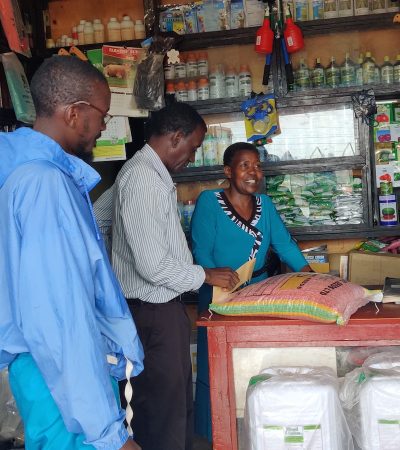Uganda has one of the biggest youth populations in the world. More than 75 percent of the country’s population is under 30 years of age, and among those 18-30 there is widespread poverty and unemployment.
Many of these young adults have limited interest in pursuing careers in the agriculture sector because they see agriculture as a subsistence livelihood or lack the agribusiness skills, finance and market awareness to make agriculture profitable.
Through its Feed the Future activities in Uganda, the U.S. Agency for International Development took a step toward reversing this perception by organizing a national youth agriculture event in September 2014 called “Youth and Agriculture: Exploiting Opportunities – Go for Gold.” The three-day event exposed youth to a variety of food and agriculture-related opportunities and promoted peer-to-peer engagement.
The event, which featured motivational guest speakers and role models from the agriculture sector, was attended by more than 150 invited youth participants (selected from more than 800 applicants), representatives from various private sector businesses, government representatives and other key stakeholders. In his remarks, U.S. Ambassador to Uganda Scott H. DeLisi pledged that the United States would help young people in Uganda build their future.
“More than ever, we urgently need to inject the energy of Uganda’s youth into the agriculture sector in order to realize the potential for expanded production and profits,” said Ambassador DeLisi.
Youth participants at the event visited six agricultural enterprises where they learned new skills to apply in innovative technologies, post-harvest handling, agricultural diversification, mechanization and land optimization. They interacted with other role models in the agriculture sector as well as service providers from finance, crop insurance, mechanization and agricultural input companies.
Participants developed strategies to make agriculture more attractive for other young people. Cash prizes were awarded to the three most promising ideas selected for their innovation, feasibility, sustainability and degree of impact. The winning ideas included: creating community resource centers where young people come together to share ideas and information about innovations in agriculture; creating a youth agro-input bank to increase access to improved seeds and other high-quality inputs; and a recognition program for the most distinguished young farmer in Uganda.




